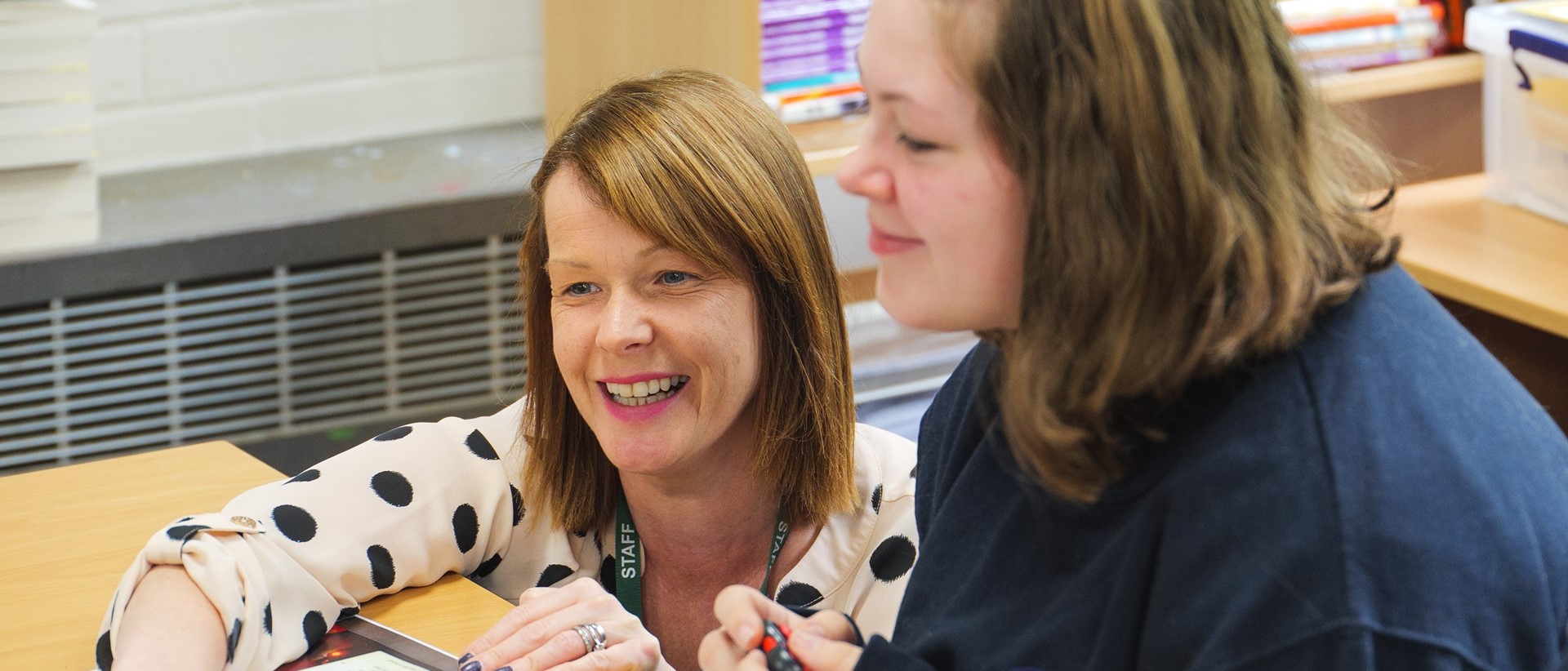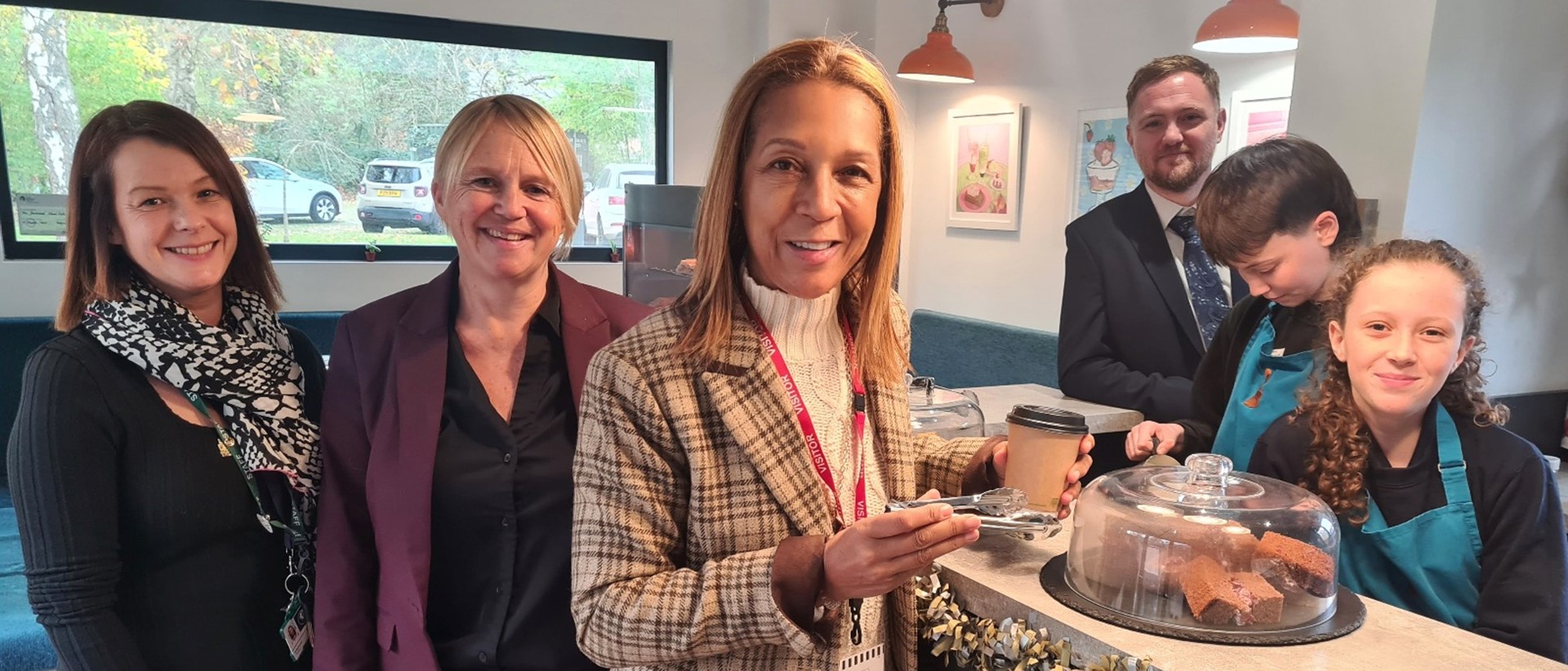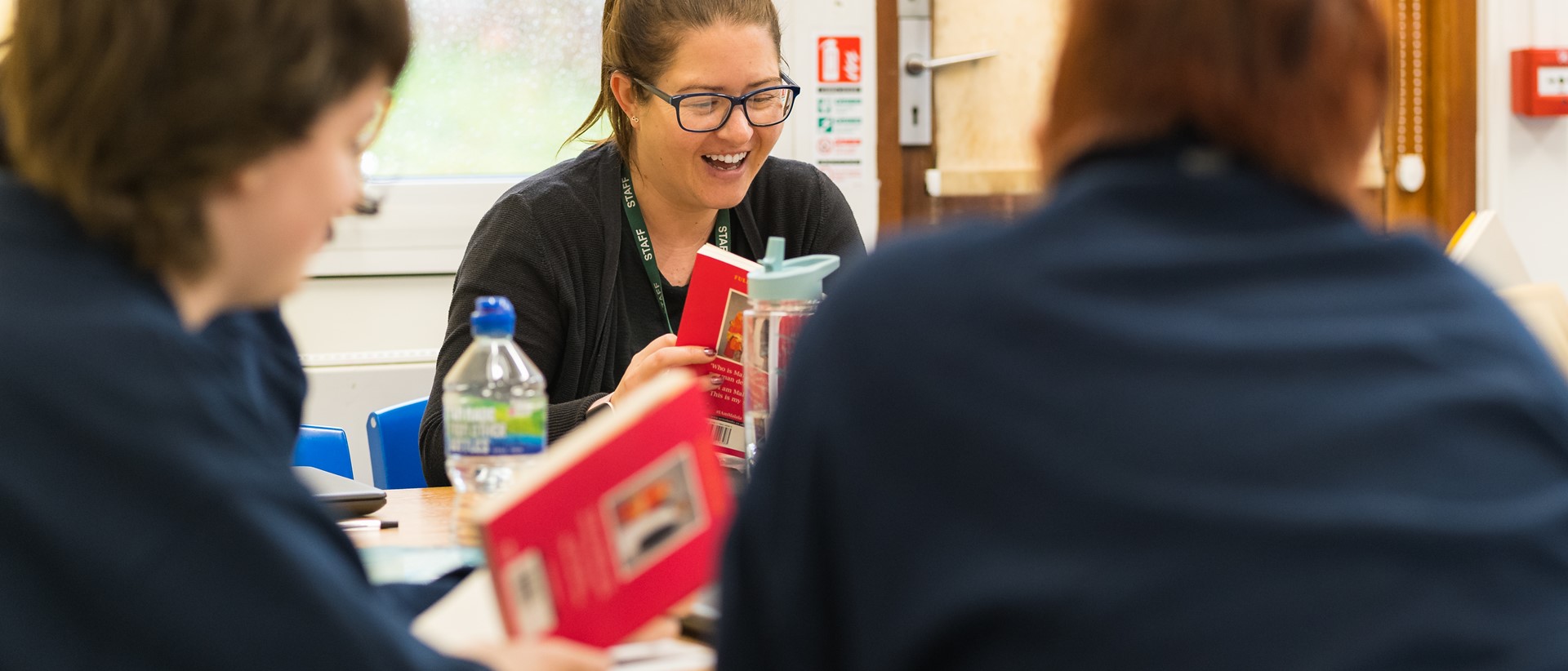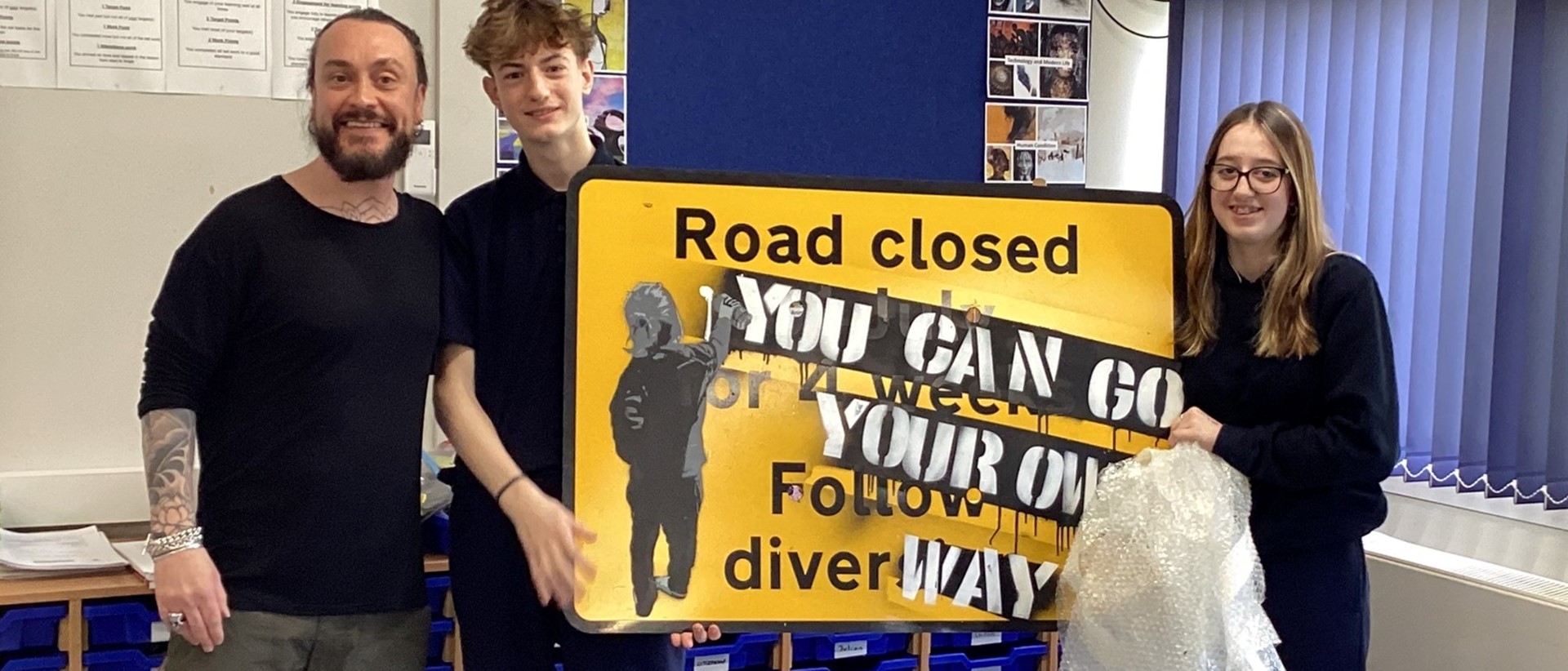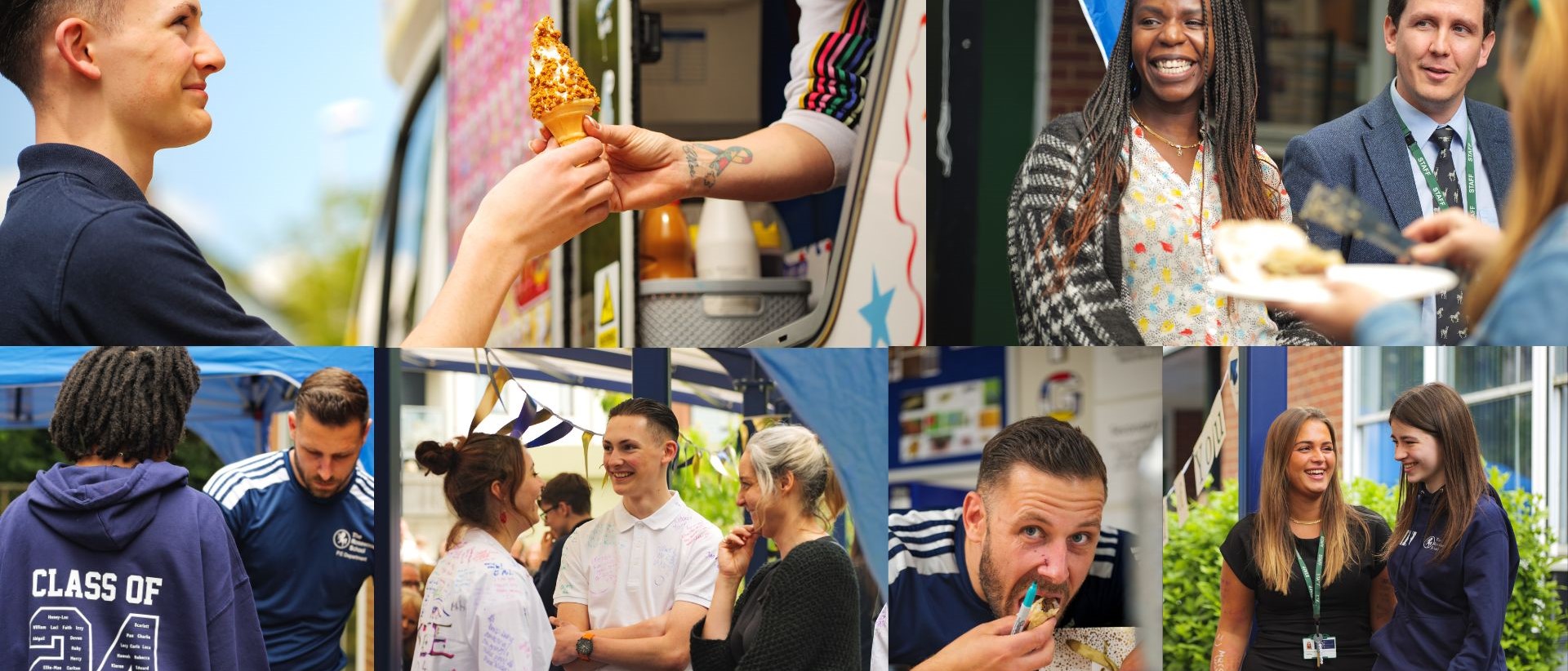Top 6 things you can do for your child
- Have a good understanding of what is on offer
- Talk regularly about the next steps with your child
- Be open to a range of new ideas and explore a wide variety of options together
- Encourage your child to seek support where necessary
- Look at the careers pages on the Talking Futures website https://www.talkingfutures.org.uk/parental-support/
- Helping your child to complete applications
Understanding What's On Offer
As your child approaches the end of their time at school, it’s important to start exploring the different pathways available to them. Our Post-16 Options page provides detailed information to help you and your child understand what’s out there and begin making informed decisions about the future.
We encourage you to use this information as a starting point for conversations at home. It’s also a good idea to support your child in doing a bit of their own research, especially around the types of careers they’re interested in and what skills or qualifications those roles might require.
The world of education and employment has changed a lot in recent years. There are now many more options beyond the traditional academic route—including vocational courses, apprenticeships, and other training programmes—which can offer excellent opportunities and lead to successful careers. Keeping an open mind can really help when exploring these paths.
Since 2015, all young people have been required to stay in some form of education or training until the age of 18. This doesn’t necessarily mean staying in school or going to college—it could include an apprenticeship or other work-based learning. It’s also important to know that if a pupil doesn’t achieve at least a grade 4 in English or Maths, they’ll need to continue working towards a qualification in those subjects.
We’re here to support you and your child through these important decisions, so please don’t hesitate to get in touch.
Talk Regularly About The Next Steps
There are many different factors that can shape your child’s ideas about their future career. These might include:
- Your own job or career path
- The expectations you (and other family members) may have
- Messages they receive from school, friends, or the wider community
- General views in society about what jobs are considered “desirable”
When you start having conversations at home about your child’s future, these can be helpful things to reflect on together. Sharing your own career journey and life experiences can also be a great way to open up discussion and help them think more broadly.
It’s just as important to reassure your child that it’s completely normal not to have everything figured out yet. Many young people are still working out what they enjoy, what they’re good at, and where their interests might take them.
At TRS we often see pupils struggle to recognise their own strengths and unique qualities. This can lead them to follow what their friends are doing, rather than making choices that really suit who they are. That’s where your support can make a big difference. Helping your child to recognise their individual skills and interests—and how these might link to different jobs—can give them the confidence to explore the paths that are right for them.
Be Open To A Range Of Ideas
As parents and carers, it’s natural to have hopes and aspirations for your child’s future—and there’s absolutely nothing wrong with that. In fact, sharing your views and explaining why you hold them can help your child understand your perspective. Just remember, they may not always feel the same way, and that’s okay too.
The world of work is changing rapidly, with new jobs and industries emerging all the time. One of the most helpful things you can do is to expose your child to as many different career possibilities as possible. Here are a few simple ways to do that:
- Look up careers together online
- Encourage family and friends to talk about their own jobs
- Attend college or training provider open evenings
- Chat about the jobs of people you come across in daily life—like bus drivers, teachers, shop managers, doctors, or even radio producers
It’s also perfectly normal to feel concerned if your child sets their sights on a career that seems a little out of reach. Of course, we’d all love our children to land their dream job—but the reality is, not everyone becomes a pop star or professional footballer.
The key is to strike a balance. Encourage your child to aim high, but also help them understand the importance of having a back-up plan. Passions and talents can be developed in many ways, not just through work—they can be lifelong hobbies or side projects, too.
If your child is fixated on a particular dream career, try exploring what it is about that job that excites them. Is it creativity? Teamwork? Being in the spotlight? Once you understand the appeal, you can start looking at other careers that might offer similar experiences or rewards.
Encouraging Your Child To Seek Support
There are lots of great places where you and your child can get help and information about future career options. The school provides access to a number of trusted websites that we’ve chosen to make sure our pupils have the best information available. We encourage you to explore these resources together at home.
Every pupil also has the opportunity to meet one-on-one with our qualified careers adviser. These meetings are really valuable because our adviser has expert knowledge about the different pathways available, including what’s needed for further education and the current job market. Many pupils find this advice really helpful as they start to make important decisions about their future.
Use the Talking Futures website
This website has an excellent careers section with lots of information on parental support and those all-important conversations on education and careers. It includes suggestions on how to work with the school and top tips and expert advice on how to navigate the education landscape and options available. We strongly recommend taking the time to have a good look at the resources and how they can help you https://www.talkingfutures.org.uk/career-conversations/
Helping Your Child To Complete Applications
We strongly recommend that all college and sixth form applications are completed by Christmas of Year 11. We want our pupils to go into the year of their exams without the pressure of applications and interviews and it also ensures that they have the greatest chance of securing an offer and not be on a waiting list. It’s a good idea for pupils to apply for at least two places, so they have options once their final results come in.
If your child is thinking about applying for an apprenticeship, those applications usually need to be submitted around February or March of Year 11.
Please remember, there’s an official school leaving date, and pupils can’t start full-time paid work until the first week of July in the year they finish school. Make sure to check the start dates carefully when looking at apprenticeship or job vacancies.
If you need any extra support or guidance with applications, please get in touch with Bethan Liston at b.liston@trs.kent.sch.uk Our handy guide to making an application can be found HERE
Our Careers Adviser, Bethan Liston, is available to support pupils and families through every step of the application process. Please contact her on:
📧 Email: b.liston@trs.kent.sch.uk
📞 Phone:
📍 Book a careers appointment……….


